Today, I’ll try to break down the multitude of stages that every photographer is likely to go through over the course of their career.
I should point out that I’m a bit late getting this week’s article submitted. Partially this is because it happens to be a busy week on multiple fronts for me, and I haven’t had adequate time to write one of my usual detailed essays on a particular topic. My tardiness is also likely due to the fact that I am in one of those self-reflective periods in my life where I’m asking myself the type of questions that don’t have easy answers. And, rather than ramble on about the vagaries of existence, I thought it might be far more entertaining to engage in a bit of a thought experiment.
I’ve been a professional photographer now for almost 20 years (not including filmmaking activities which began before that). Like all careers, artistic and otherwise, I’ve gone through ups and downs, wins and losses, exaltation and malaise. There have been times I couldn’t wait to get out of bed in the morning. And others when I lay there wondering what would even be the point. Okay, that last part isn’t totally true. My dog Archibald’s knowledge that I am an early riser pretty much prevents me from ever being able to sleep in, depressed or not. But still, you get the point.
All photographers' journeys are different. And not everyone reading this article is interested in photography as more than anything but a hobby. Yet, for those of you who are considering a career in photography, in the midst of one, or considering leaving one, I thought it would be fun for me to reflect on the multiple stages of development that I’ve been through behind the camera, as I suspect I am not alone.
So, without further ado, enjoy an incredibly brief summary of the stages of my relationship with the art of photography. Somewhat in order, although many of these stages overlapped. Some of these “stages” might also have been more accurately described as “decades,” but, for the sake of brevity, let's just call them points of interest.
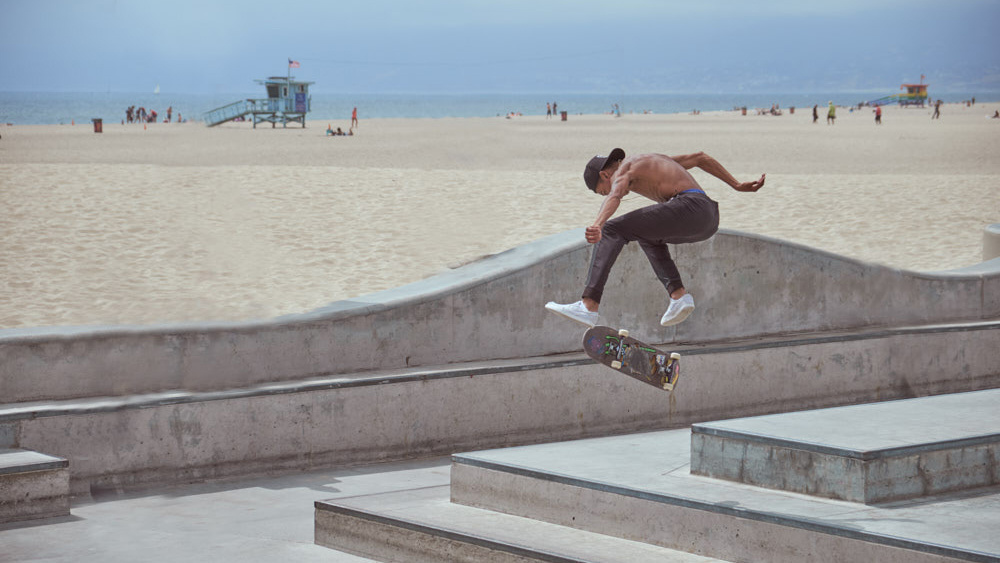
1. Falling in Love
The fun part. Literally just taking photos for joy with absolutely zero thought of financial incentive. This is when you’ve just gotten your first camera and everything is new. Every shot you take is the best you’ve ever taken since, by definition, you haven’t taken very many yet. And you truly want nothing more from a day of shooting other than a fun way to pass the time.
2. Confusing Photoshop for Photography
Sure these snapshots look cool. But check out what happens when I slap on this preset I got from this cool influencer I follow on YouTube. Now it looks cool! Man, I am a great photographer! What’s that you ask? Can I repeat that outcome without the aid of a preset filter on the spot, in camera, with a team of client executives watching? Maybe not.
3. Asking Yourself Whether This Is Something You Want To Do for a Living
Realizing how much fun you're having, you inevitably start to ask whether or not you’d rather take photos than do whatever it is you're doing. The amount of wondering is likely directly correlated to the level of awfulness associated with your day job.
4. Asking Yourself Whether You Are Good Enough to Do This for a Living
Since taking pictures is clearly better than sweeping up after the elephants at the zoo, you decide to dive in head first. Then, you have a look at what actual professional photographers' images look like, compare those to your snapshots, and then start to think that cleaning up elephant poop isn’t such a bad option after all.
5. Improving Your Craft
After a brief panic, you decide that the only way to get better is to actually work at it. So you consume every tutorial ever created and you try to take your work beyond simple snapshots towards something approaching basic professional competence.
6. Showing Your Work Outside of Friends and Family
So far, you’ve gotten rave reviews from Mom and Dad. And it didn’t feel half bad when that cute girl you always liked back in high school took the time to click thumbs up on Instagram. But now it’s time to show your work to people that you don’t know. To people who actually hire photographers. It’s time to see if people who don’t already love you think there’s really something there.

7. Realizing You’re Good, but Not That Good
Boy, you were flying high there for a moment. You really thought you were the bee's knees based on all the love you’d gotten from your inner circle. But, after going on your umpteenth rant about how that art director just didn’t get how great your portfolio was, you finally start to accept the fact that you still have some work to do.
8. More Improving Your Craft
Okay, so maybe it’s not enough to just know one basic lighting setup and call that your style. Maybe you do need to be well-versed in all elements of your craft. Both to meet client expectations and so that you stop artificially limiting yourself due to an inadequate skill set.
9. Feeling Confident in Your Technical Craft, but Still Not Getting the Recognition You Feel You Deserve
I just don’t understand what’s going on. My lighting is absolutely perfect. My exposure levels are textbook. But my dream client still isn’t banging down my door! What gives?
10. Trying to Find Your Artistic Voice
Finally realizing that being an artist is more than just technical mastery, you take your first tentative steps towards answering the question that has plagued artists of every discipline since the beginning of time. What is my artistic voice?
11. Thinking You’ve Found Your Artistic Voice
Ooh, I’ve got it! I know exactly what I want my voice to be. I always put the light here. And I do this in post and...
12. Realizing You’re Just Doing an Impression of Your Favorite Photographer’s Artistic Voice
Okay, maybe I am just doing an imitation of Annie Leibovitz. A poor imitation at that. Maybe I don’t really get what this whole artistic voice thing is after all.
13. Digging Deeper to Find Your Own Artistic Voice
Let's try this again. Let's finally try to answer the one question every photographer has to answer before they can make a dent in the marketplace. What sets my work apart from every other photographer on the planet? It can’t just be technical craft. That is far too easy to emulate. What is it about me and my approach to art and life that makes my work special?
Note: This is a lifelong pursuit, so just imagine this artistic voice conversation happening concurrently to all these other steps.
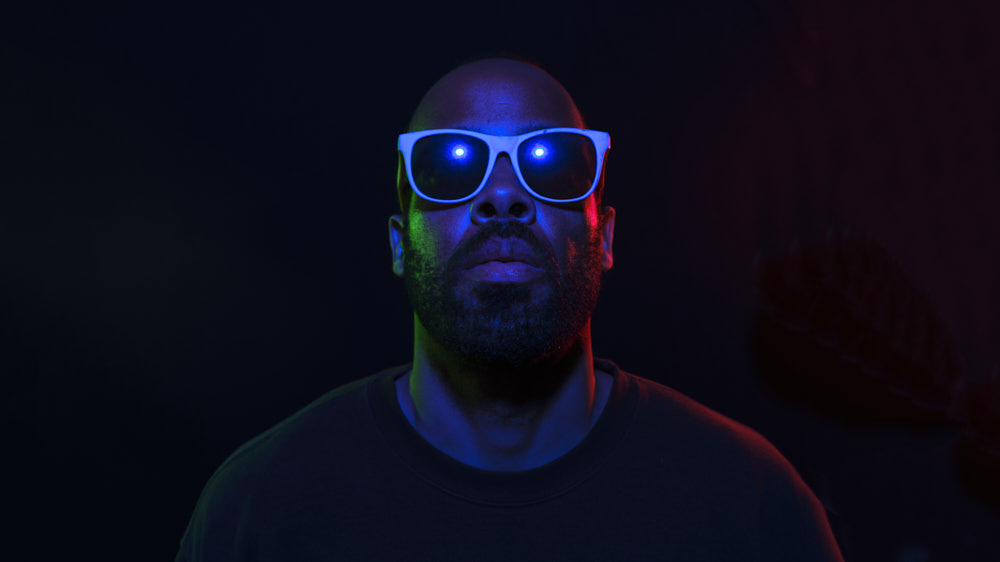
14. Wondering How to Make Money
Finally, my portfolio is really cooking. My bank account? Not so much. I thought all I had to do to become rich and successful was take really good pictures. Turns out, not so much.
15. Developing a Marketing Plan
So I guess being a photographer doesn’t mean that I get to stop making cold calls and networking. Who would have thought? Turns out being a professional photographer also requires all of those business skills I learned in college when I was getting what I thought was a useless degree.
16. Making Some Money, But Grossly Undercharging
“Man, can you believe who I just shot for?” I tell my colleague. “Awesome,” he responds, “what was your rate?” I then tell him the answer and am immediately met with a horrified expression of a man who badly wants to say, “no wonder they hired you, you basically did the job for free.”
17. Learning More About The Business
Learning the exposure triangle is one thing. Learning how to run a profitable business is something else entirely. You’ll need both to succeed.
18. Realizing You Still Haven’t Pushed Yourself Nearly Hard Enough Creatively
You now have one or two clients you can brag about. But you still head into your portfolio reviews with only relatively generic offerings. The work isn’t bad. It’s just not particularly… good.
19. Searching Again For Your Creative Voice
Repeat the deep and personal soul search to find what makes your work special. And double down on the things that make your work unique.
20. Starting To Establish A Brand Based Around Your Developing Creative Voice
You’re starting to get a better sense of what gives your work value. Better yet, the market is starting to recognize it too.
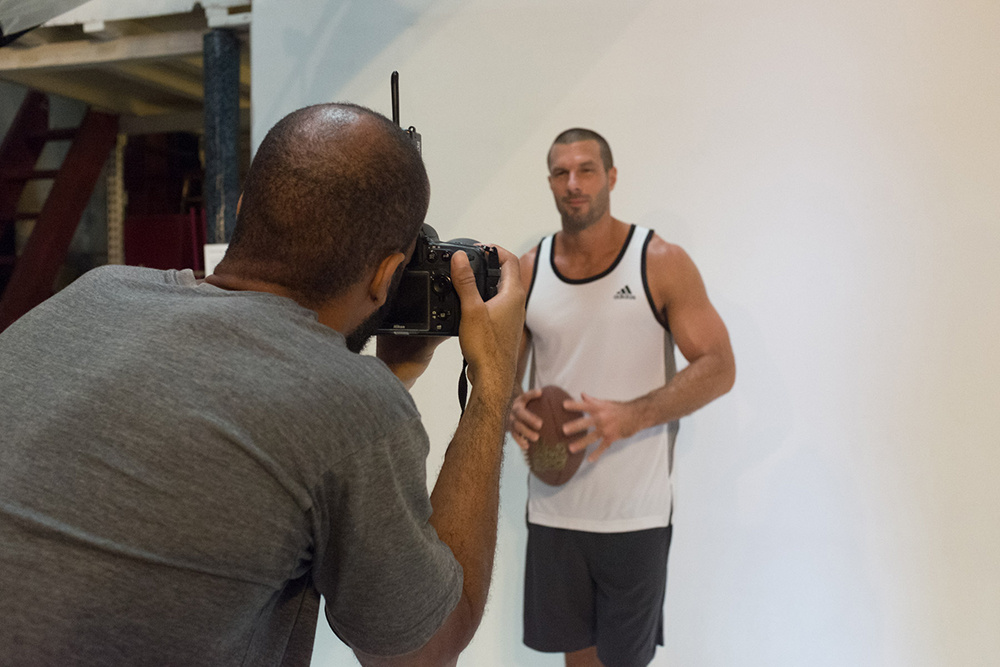
21. Niching Down Into a Market Segment That Values Your Voice
Trying to produce work that satisfies everybody will inevitably end up exciting nobody. Now, with a bit of experience to see what type of work you love combined with what clients seem to be most interested in hiring you to do, you smartly start to focus your work on a particular niche that helps you further delineate your services within the industry.
22. Understanding Your Value in the Market and When to Say No
Finally understanding the value that you bring to the market, you start to find it much easier to spot projects that you don’t want to do. Perhaps they don’t speak to you artistically. Perhaps they just don’t have the budget to adequately compensate you for what they are requesting. Whatever the reason, you’ve reached the point where you realize that it’s okay to say no.
23. Getting Some Traction in the Market
Now things are cooking. You’re getting a little rhythm in the market. You still have to sell yourself, but you’re getting your fair share of unsolicited emails as well. You’re not rich, but things are starting to take shape.
24. Feeling Confident in Your Skills and Your Business
Maybe I can really do this. Maybe I won’t have to go back to my job at the zoo.
25. Realizing You Still Don’t Know Diddly Squat
After extended success on the JV squad, you suddenly find yourself competing against the varsity. Suddenly all that confidence you built is starting to waver as you realize your success has brought with it added competition.
26. More Work to Develop Your Craft
Realizing you are now competing on a higher level, you realize that you must, once again, dig in and elevate your craft. What was your best work in previous years is now just the minimum basic requirement. If you want to keep getting bigger and better clients, you have to get better yourself.
27. Refining Your Artistic Voice and Understanding What Work You Don’t Want to Do
Dig back once again on discovering what sets you apart as an artist. Niche down even more to focus on your strengths and address your weaknesses.
28. Being Fed Up With Clients That Don’t Value Your Work
You now have a long track record of success and are shooting at the highest level. You have a well-established day rate well in line with the market. So why do these people keep asking you to do work for rates below what you would have even charged as a newbie? (He says tearing what’s left of his hair out).
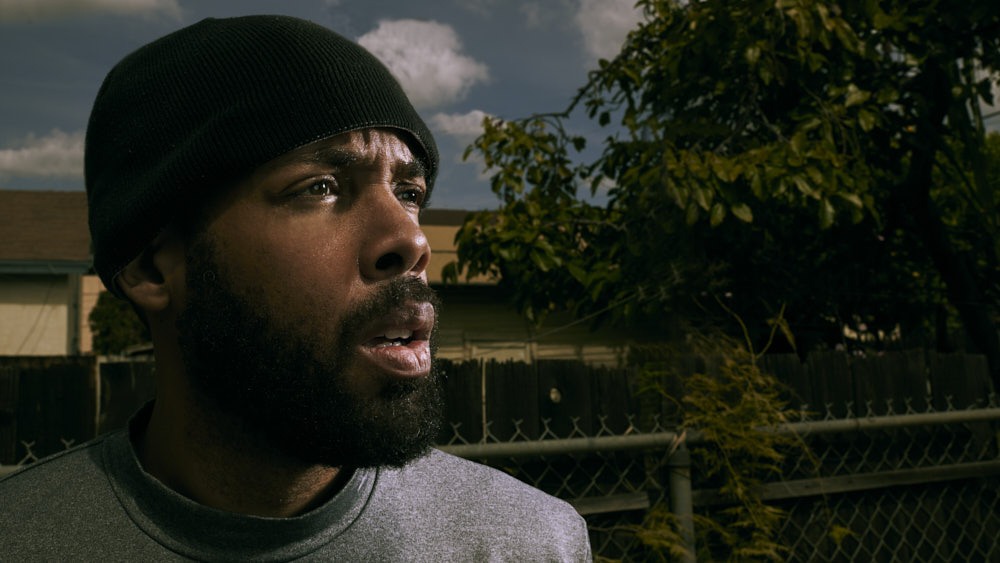
29. Getting Awards and Plaudits But Not Necessarily Financial Gain
Okay, now. I can’t believe I’m saying this, but I just won that big award I’ve always dreamed about. You know, that one all my idols won and I used to think would always be beyond my reach. Well, boom, just got the email this morning. And guess whose name is on the trophy this year? Woo-hoo. “So how much money did you win?” asks your friend. “Well, none.” But the award really got your name out there and you’ve been asked to be part of the triple bid for a bunch of huge projects. “Did you win the bids?” “Well, no.” “So you’re pretty much still broke?” “Yes. Yes, I am.”
30. Debating Art Versus Commerce
Flush with aesthetic recognition but light on financial recompense, you start arguing with yourself on street corners about whether or not the market even values artistic merit or not. Spoiler alert: Commerce always wins.
31. Wondering If Your Mother Was Right and You Should Have Gone to Medical School
You resist the urge to choke out your best friend who, despite never actually going to class in college, has somehow failed his way into a middle management position. Is his job exciting? No. Not in the slightest. But his financial security and disposable income sure do look appealing as you search desperately in your budget for a couple thousand bucks to put together a personal project to further your career.
32. Reminding Yourself How Much You Love Your Work
On the edge of taking your mother’s advice and returning to medical school, you finally decide to do that personal project. The project itself isn’t going to make you money per se. It’s a personal project. The whole point is that you’re doing it for the love of the game. But, while shooting the project, something in you reconnects to that photographer you were when you first picked up the camera in the first place. You remember that, business hassles aside, you really love this. And the hurdles, though many, are worth it.
33. Falling in Love Again
Filled with renewed passion, you go on to create some of your best work. That work, though not made specifically for the market, speaks to your clients because they can see your passion behind every frame. Maybe you are the right person to shoot their fall campaign after all?
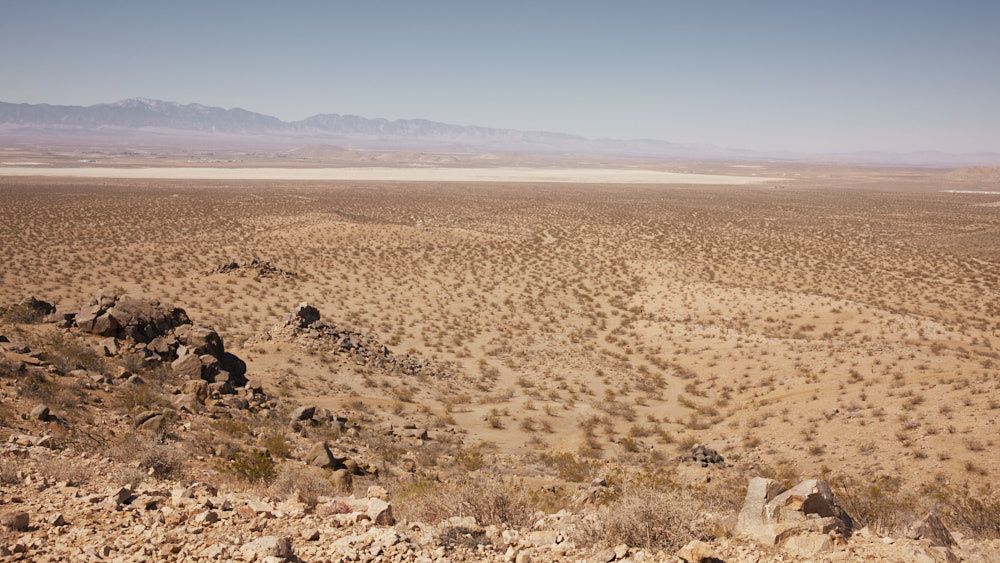
34. Feeling on Top of the Mountain
Yep, I was right and Mom was wrong. This is exactly where I’m supposed to be.
35. Massive Unexpected Change Comes to the Marketplace
Global pandemic. AI. A third thing that hasn’t even been invented yet.
36. Repeat Steps 1 Through 35
Well, here we go again...
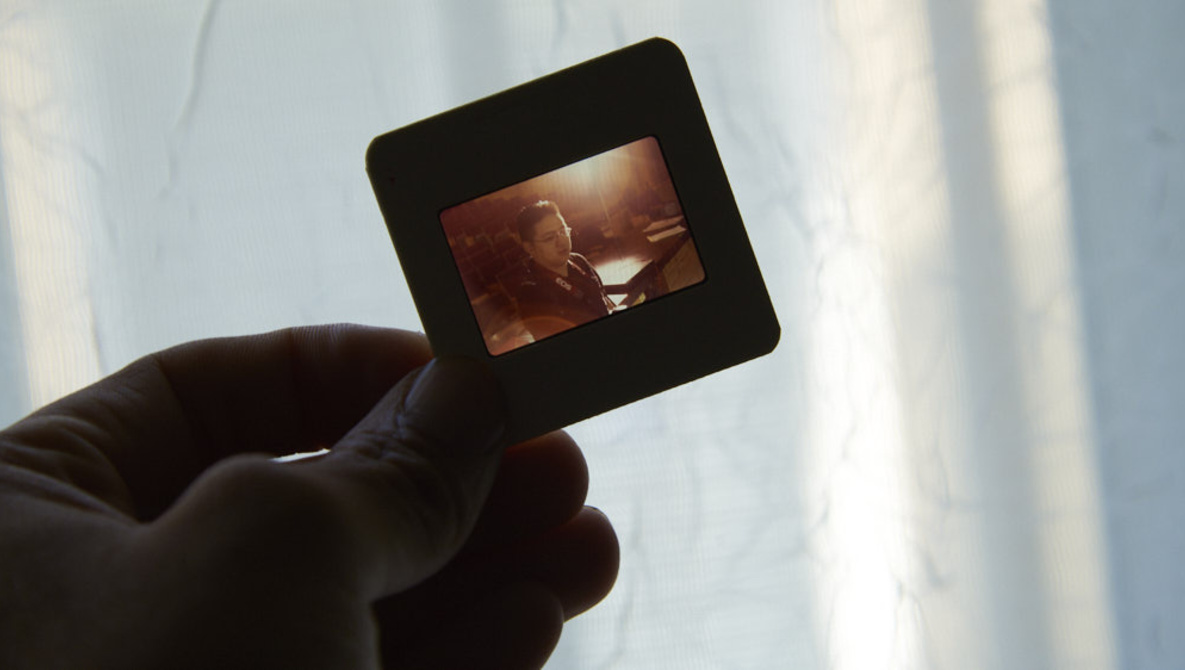







I like how many times you go through stages with happiness showing up. Perhaps we will continue to find happiness popping up if we keep digging for our artistic visions.
Well now I know why I stayed a hobbyist and relaxed and capture things I want not someone else wants. One thing not mentioned is learning the many programs needed on a laptop, desktop and the battery of disk drives both hard and SSD to maintain through life verse the old days of negatives in a file cabinet. Where do pros keep all their images for the future if needed, in the cloud those electricity hogs all over the place.
"A third thing that hasn’t even been invented yet." Like a global internet shutdown or a digital pandemics that would jam all our hard drive disks for example ?